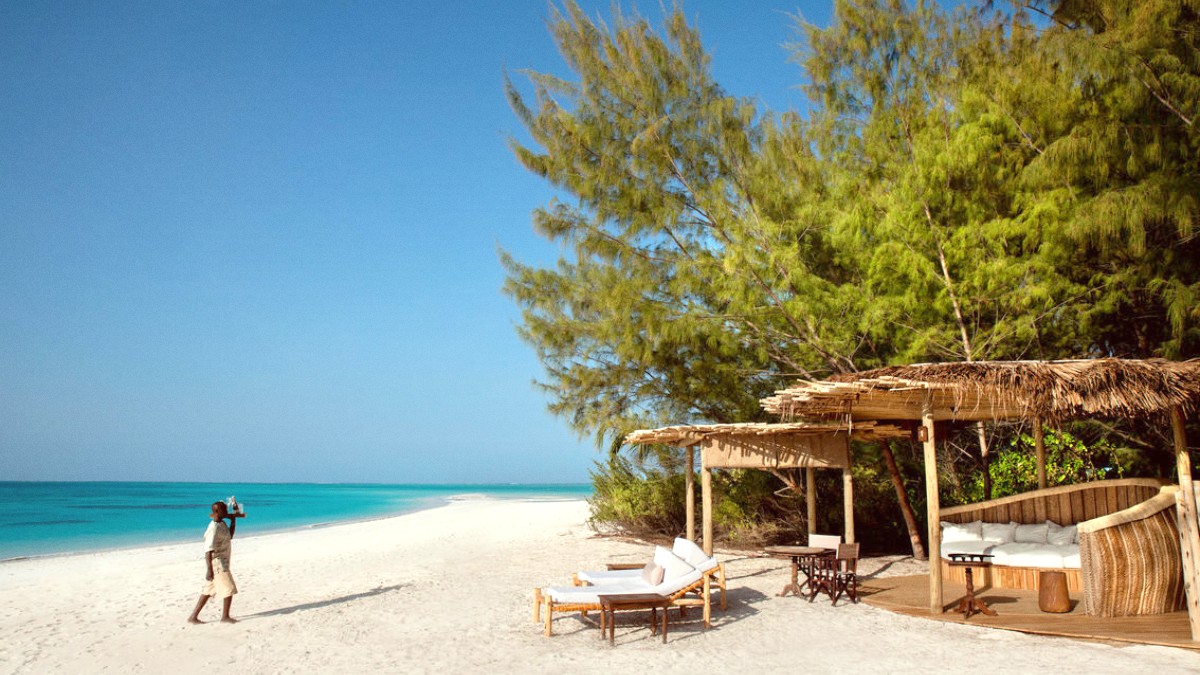
Tanzania
Protects endemic Red Colobus Monkeys and mangrove forests, a prime example of island conservation.
A privately managed marine protected area, renowned for pristine coral reefs and eco-tourism commitment.
A large marine reserve that shields diverse marine ecosystems and fishing practices.
Waste management infrastructure in Zanzibar is developing. Mindful practices from visitors are valuable.
Litter is visible in some areas outside tourist zones. Reducing your plastic footprint makes a difference.
Water resources can face strain, specifically during dry seasons.
If you have concerns about the environmental impact of your flight emissions, consider carbon offset programs.
Seek accommodations certified by eco-tourism bodies or those with a stated commitment to sustainability.
For tours that prioritize ethical standards and community support, G Adventures is a valuable option.
Explore ToursTo back conservation efforts through your purchases, check out The Rainforest Site (GreaterGood).
Shop & DonateYour travel choices help preserve Zanzibar's natural beauty for future generations.
Interacting respectfully with locals and their traditions enriches your journey and protects cultural heritage.
Stone Town's UNESCO World Heritage status aids in preserving its unique architecture and cultural heritage.
Dress modestly, especially in Stone Town and villages. This demonstrates respect for local Islamic customs.
Avoid intrusive photography, especially in private homes or religious settings.
Maintain quiet and respectful behavior inside religious sites.
Your travel choices help preserve the island's culture and environment.
Look for local art galleries and workshops. Buying art directly from creators supports their livelihood and cultural expression.
Participation in local festivals or events, when appropriate, deepens your cultural bond. Check local listings for timings.
Engage with local guides. Their insights into history, customs, and daily life offer invaluable cultural lessons.
Cultural sensitivity and respectful interactions enrich your travel story and foster positive local relations.
Your visit can positively impact the local economy and avoid harmful practices.
Back tours and activities managed directly by local communities.
Purchase handicrafts directly from artisans or from shops with fair trade practices.
Direct your spending to local establishments to maximize economic benefit for the island.
Be critical of attractions featuring close animal encounters. Prioritize animal welfare over entertainment.
If you wish to donate, direct your contributions through established, reputable local charities or NGOs.
Do not give money directly to street children; it can encourage begging and lessen school attendance.
Donate through recognized charities working on education, health, or community development.
Your hotel or a trusted local guide may point you to fine organizations for donations.
Do not participate in child begging or any form of child exploitation. Your vigilance protects vulnerable children.
Conscious decisions during your journey contribute to Zanzibar's sustained well-being and local livelihoods.